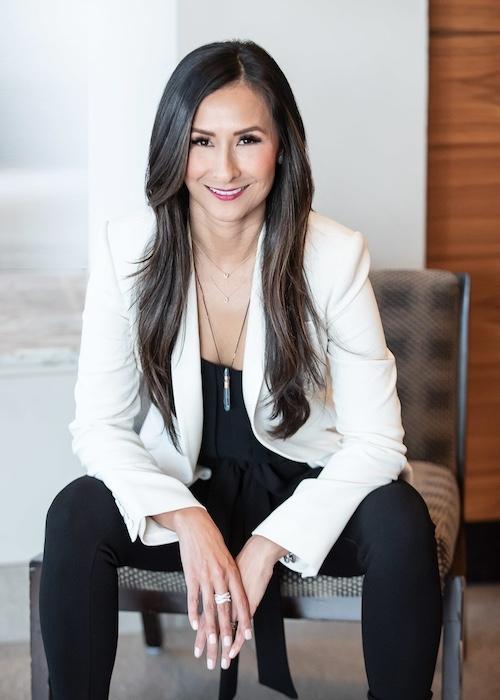By Dr. Jenelle Kim
The integration of martial arts practices like Tai Chi and Qi Gong into Western medical practices is not a novel concept but a time-honoured tradition that dates back thousands of years.
As a practitioner of Chinese medicine and an author with a wealth of experience in these disciplines, I am heartened by the growing body of research affirming the health benefits of these ancient arts, such as the study titled “Study Reveals Tai Chi’s Long-Lasting Impact on Slowing Parkinson’s Symptoms.”
Tai Chi and Qi Gong are part of a broader spectrum of martial arts that emphasize the movement of ‘Chi’ or ‘Qi’ — the vital life force according to traditional Chinese philosophy. These practices are known for balancing the body’s nervous system and enhancing overall health and vitality. They have been prescribed by practitioners of Eastern medicine for centuries, and now, their acceptance in Western culture is a testament to their enduring efficacy.
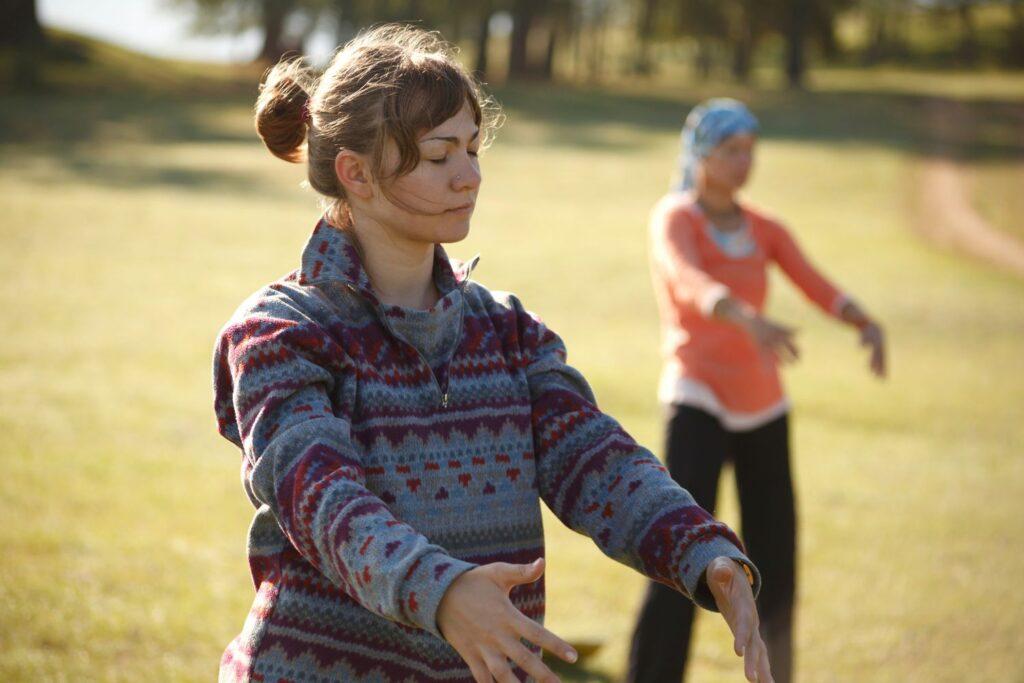

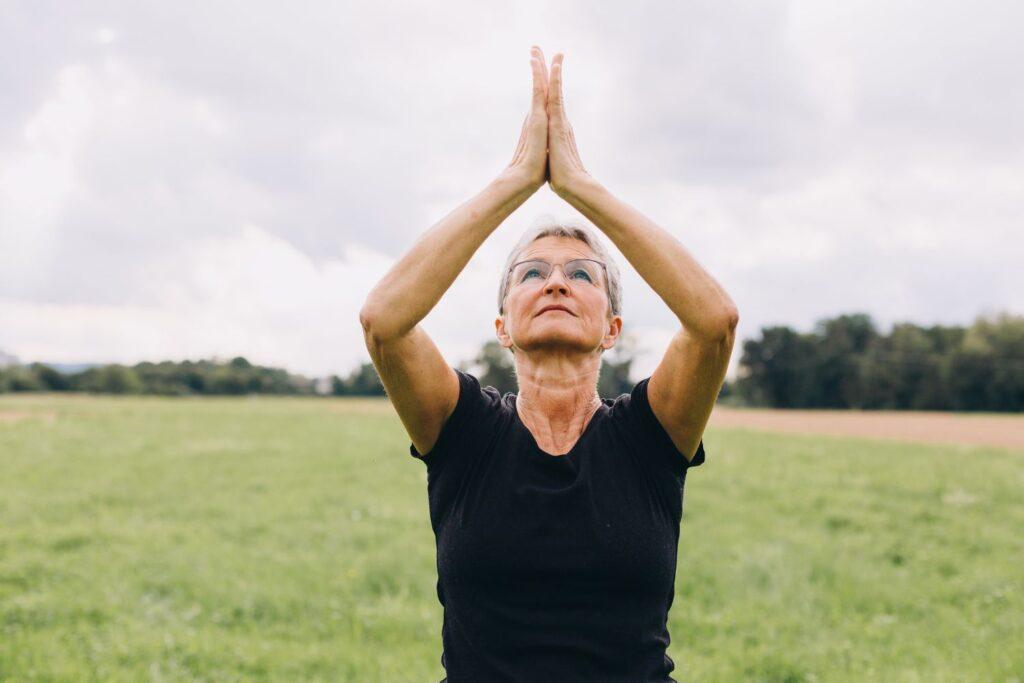
The cited study showcases Tai Chi’s specific benefits in managing chronic conditions like Parkinson’s disease. However, it’s important to note that the martial arts world is rich with various practices that can equally contribute to health and wellness. Each form, from the more dynamic Kung Fu to the gentler Qi Gong, offers unique advantages, from improving physical strength and agility to fostering mental clarity and emotional equilibrium.
Qi Gong, for example, focuses on repetitive, fluid movements combined with deep breathing and meditation to cultivate and balance Qi. It’s particularly effective in reducing stress, enhancing immune function, and promoting self-healing—benefits that are increasingly recognized and valued in our fast-paced Western lifestyle.
These martial arts practices offer a holistic approach to health—they are not solely physical exercises but integrated mind-body-spirit disciplines. The slow, intentional movements facilitate a meditative state, while the physical aspect strengthens the body and improves mobility. This combination is powerful for preventing and managing various health issues, from chronic pain to mental health challenges.
Western culture, with its fast-paced lifestyle and high-stress environments, stands to benefit greatly from the calming, centring aspects of martial arts. The controlled breathing and focused movements are antithetical to the multitasking, constant-on mentality that leads to burnout and health decline. By adopting these practices, individuals find a counterbalance to the demands of modern life.
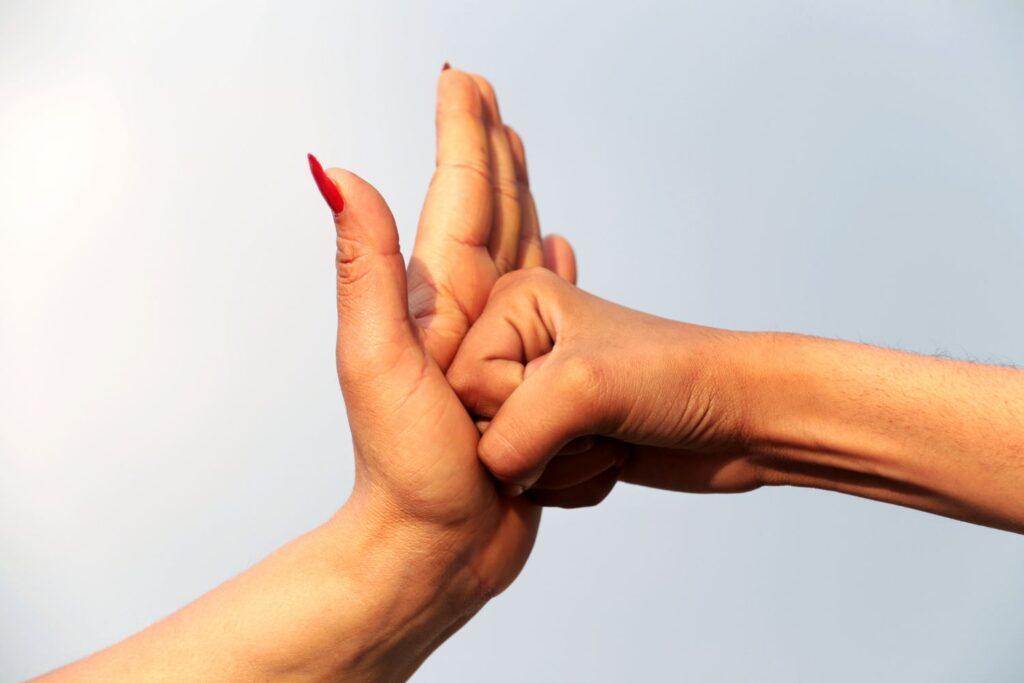
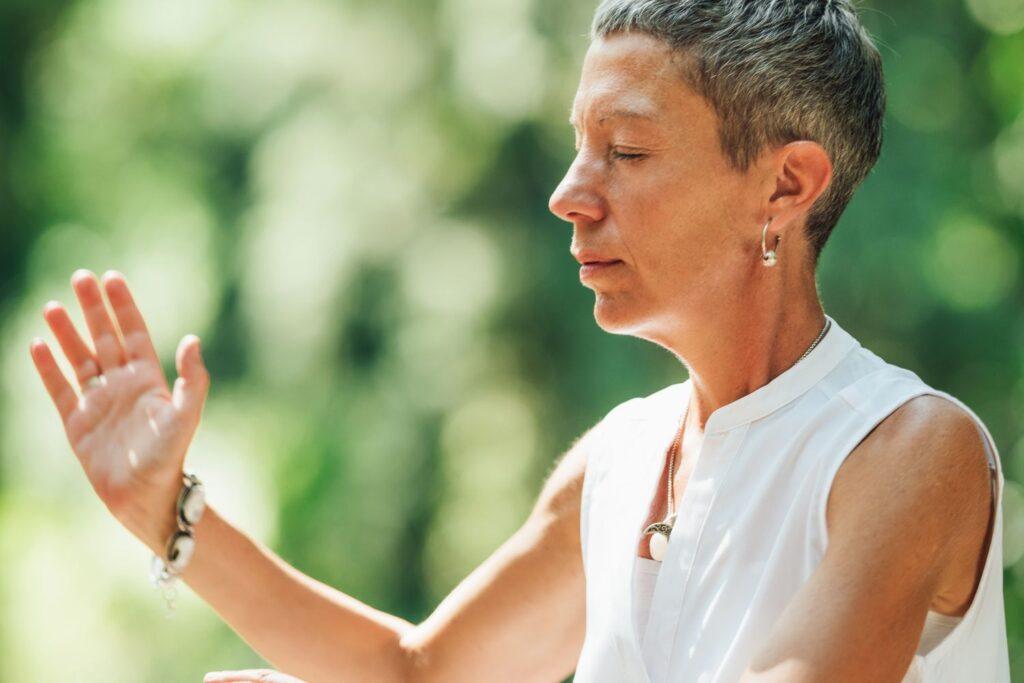
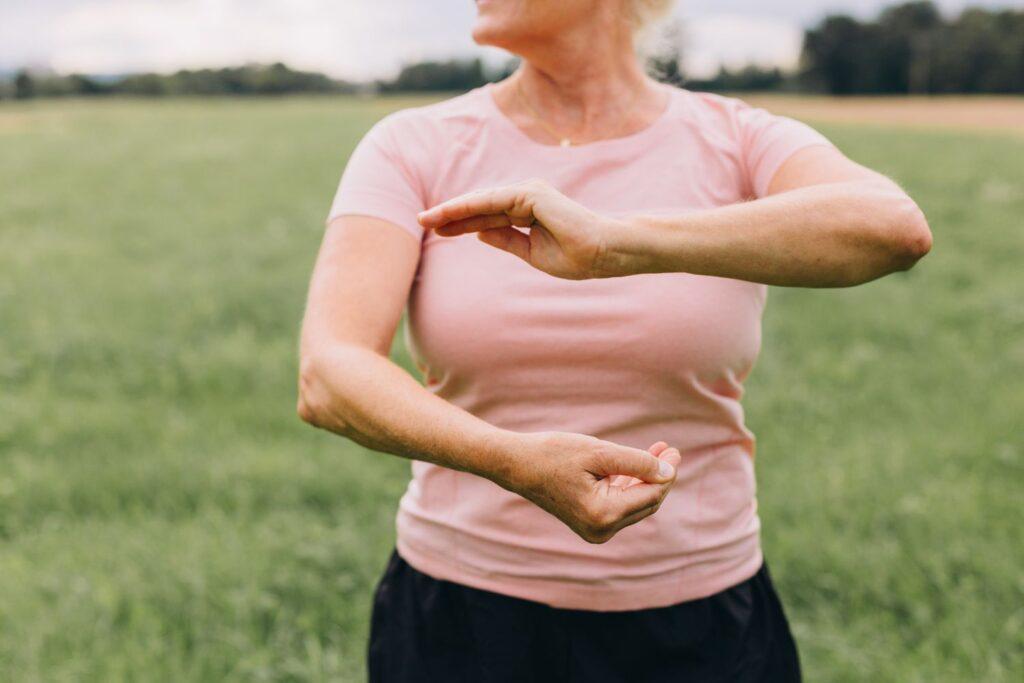
Moreover, the integration of these movement forms into rehabilitation programs showcases their therapeutic potential. For example, the breathing techniques and low-impact exercises of Tai Chi are now commonly recommended for those recovering from injuries or managing chronic pain. This is indicative of a broader shift toward non-pharmacological interventions in Western healthcare settings.
As we forge a path forward, blending the best practices from both worlds, it’s essential to recognize the evidence supporting martial arts as effective health interventions. Scientific research continues to validate what practitioners of Chinese medicine have known for millennia: that the harmony of mind, body, and spirit is fundamental to health. Martial arts like Tai Chi and Qi Gong are not just exercises; they’re holistic practices that promote overall well-being.
In closing, the growing Western adoption of martial arts practices signifies a return to holistic health principles, proving that these ancient methods are more than cultural relics—they are effective tools for modern healing. As both a doctor and an advocate for integrative health, I welcome this shift and encourage the exploration of martial arts as a path to better health and a more balanced life.
As the American-born daughter of a Korean father and an American mother, Dr. Jenelle Kim learned from an early age the power behind the centuries-old principles passed down from her ancestors—the same principles that have allowed her to live a life of meaning and purpose.
She is a Doctor of Acupuncture and Chinese Medicine and is nationally board-certified in herbology, Oriental medicine, and acupuncture, as well as an author and the Founder and Lead Formulator of JBK Wellness Labs, a leader in cosmetic, personal care, and nutraceutical product formulation and design using traditional East Asian herbs and medicines.

